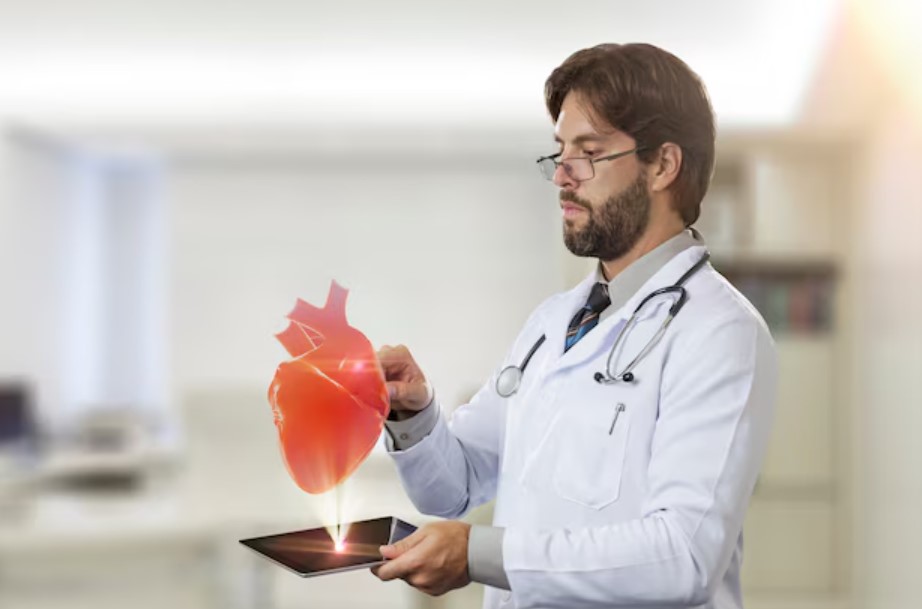Heart diseases remain one of the leading causes of illness and mortality worldwide. However, the good news is that many heart conditions are preventable through lifestyle changes and timely medical care. Dr. Sanjay Kumar, the best heart doctor in Faridabad from Fortis Escorts Hospital, shares essential tips to maintain a healthy heart and reduce the risk of heart diseases.
1. Adopt a Heart-Healthy Diet
Your diet plays a pivotal role in maintaining cardiovascular health. A balanced diet rich in fruits, vegetables, whole grains, lean proteins, and healthy fats can significantly lower your risk of heart disease. Minimize your intake of trans fats, sugary beverages, and processed foods, as they can lead to obesity and high cholesterol levels, both of which are risk factors for heart problems. Dr. Sanjay Kumar emphasizes the importance of incorporating heart-friendly foods like nuts, seeds, and fish rich in omega-3 fatty acids into your daily meals.
2. Stay Physically Active
Regular physical activity is key to keeping your heart strong and healthy. Engage in at least 30 minutes of moderate exercise, such as brisk walking, swimming, or cycling, most days of the week. Exercise helps improve blood circulation, regulate blood pressure, and maintain a healthy weight. If you have any pre-existing conditions, consult a heart doctor in Faridabad, such as Dr. Sanjay Kumar, before starting a new fitness regime.
3. Keep Stress Levels in Check
Chronic stress can increase the risk of heart diseases by raising your blood pressure and triggering unhealthy habits like overeating or smoking. Practice stress management techniques such as yoga, meditation, or deep breathing exercises to relax your mind and body. Dr. Sanjay Kumar also advises prioritizing sleep, as poor sleep can negatively impact heart health.
4. Avoid Smoking and Limit Alcohol
Smoking is one of the most significant risk factors for heart diseases. Quitting smoking can drastically reduce your risk of developing cardiovascular conditions. Similarly, limit alcohol consumption, as excessive drinking can lead to high blood pressure, heart failure, and irregular heartbeats.
5. Regular Health Checkups
Preventive care is essential for detecting heart diseases in their early stages. Schedule regular checkups with a heart doctor in Faridabad to monitor your blood pressure, cholesterol levels, and overall heart health. Dr. Sanjay Kumar recommends undergoing routine screenings to identify potential risk factors and taking proactive steps to manage them.
6. Manage Chronic Conditions
Conditions such as diabetes, hypertension, and high cholesterol significantly increase the risk of heart diseases. Work closely with your doctor to manage these conditions through medications, lifestyle modifications, and regular monitoring.
Conclusion
Preventing heart diseases requires a holistic approach that combines a healthy lifestyle, stress management, and regular medical checkups. As the best heart doctor in Faridabad, Dr. Sanjay Kumar is dedicated to helping patients maintain optimal heart health through expert guidance and personalized care.
Take charge of your heart health today! Schedule a consultation with Dr. Sanjay Kumar at Fortis Escorts Hospital, Faridabad, and start your journey toward a healthier, stronger heart.










